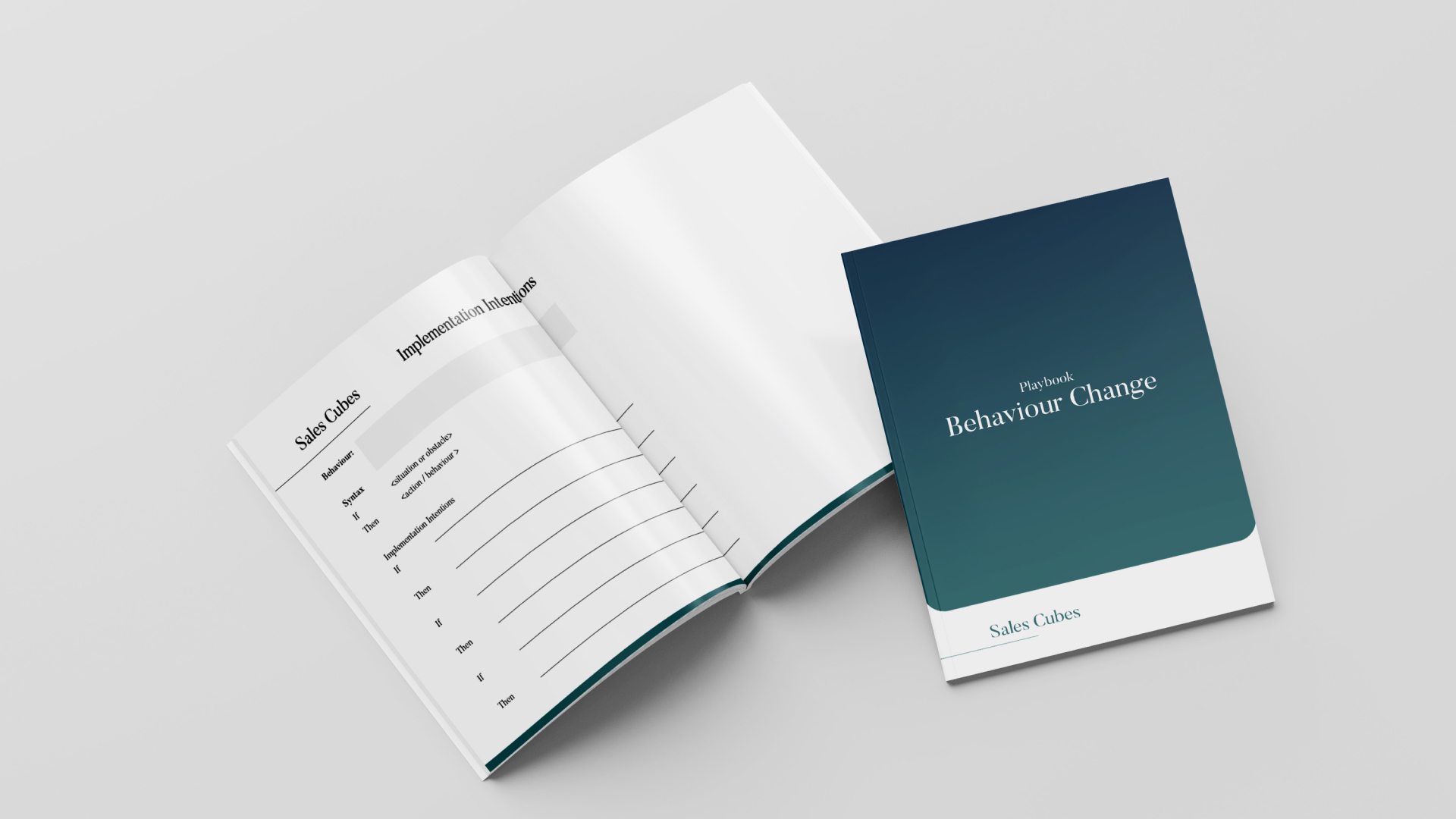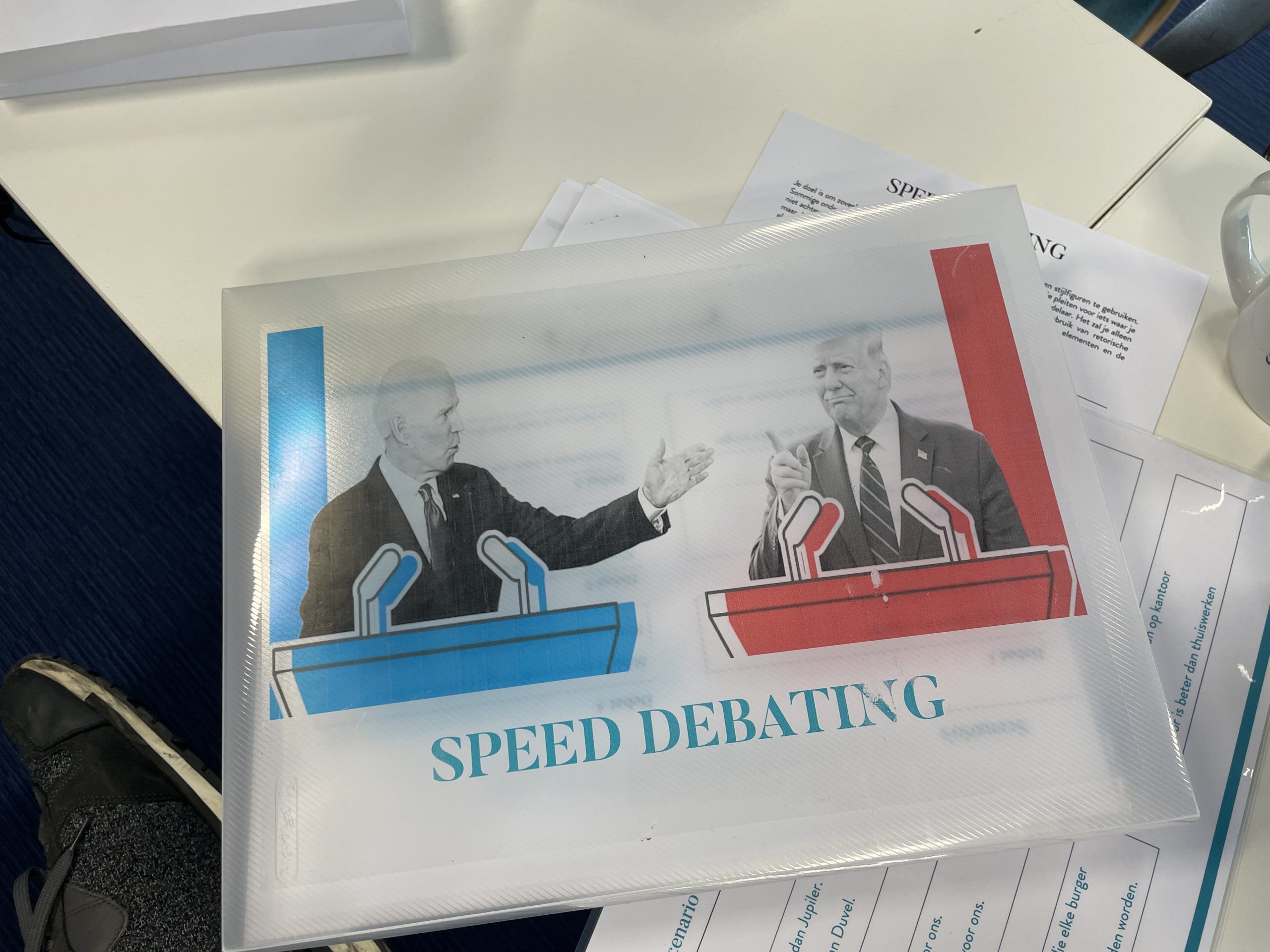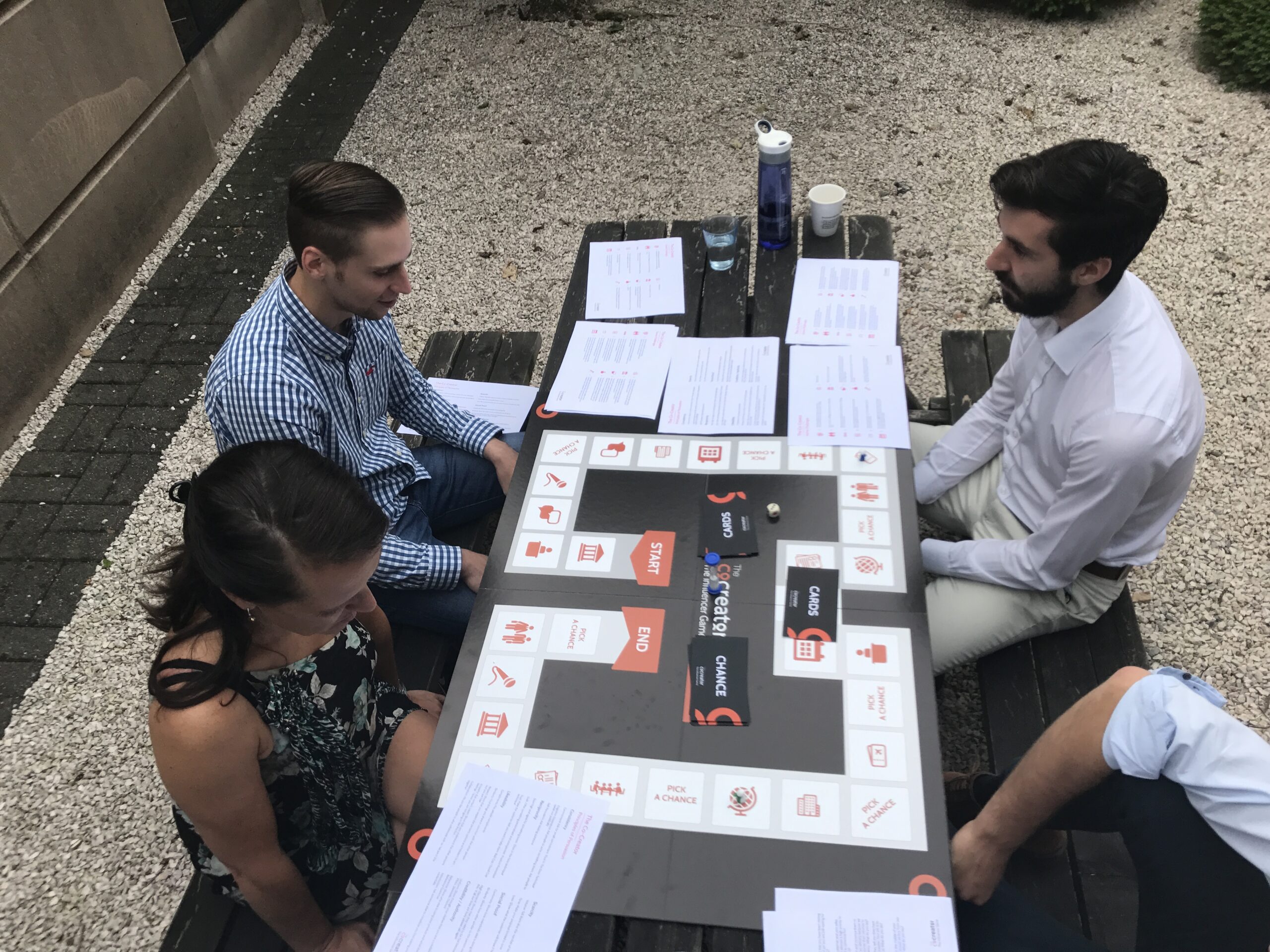What is it?
Implementation intentions are a self-regulatory strategy in the form of ‘if-then’ plans that link a certain situation or cue (the ‘if’ part) to a specific behaviour (the ‘then’ part). The term was coined by psychologist Peter Gollwitzer in 1999. By pre-planning the actions you will take in response to specific triggers, you make it more likely that you’ll act in accordance with your goals. For example, if your goal is to exercise more, your implementation intention might be, “If it is 7 AM on a weekday, then I will go for a 30-minute run.”
How Useful Is It?
This technique is incredibly useful because it bypasses the usual pitfalls of vague intentions and procrastination. Creating a concrete plan that outlines when and where a specific behaviour will take place, increases the likelihood of following through. The clarity and specificity of ‘if-then’ plans help bridge the gap between intention and action, making it a powerful tool for achieving goals and instigating behavioural change.
This technique is highly effective in coaching sessions as it encourages clients to envision themselves practising their new behaviour in their everyday lives. It establishes a direct connection between the desired behaviour and their real-world, day-to-day activities and scenarios. By doing so, it helps to anchor the new behaviour in familiar contexts, making it more tangible and achievable for the client.
Application
Implementation intentions can be applied in a variety of settings:
- Personal Goals: Whether it’s exercising more, eating healthier, or learning a new skill, this technique helps cement these actions into your routine.
- Professional Development: Coaches can use it to help clients achieve career-related goals, like improving time management or enhancing leadership skills.
- Behavioural Change: It’s effective for habits like quitting smoking, reducing screen time, or changing any other specific behaviour.
Process
Step 1: Define the Goal
Identify what behaviour or goal you or your client want to achieve.
Step 2: Identify Situations and Cues:
Determine the specific situations or cues that can trigger the desired behaviour. These should be common and easy to recognise. Example: ‘When preparing to meet with a client.’ or ‘When ending a meeting with a client.’
Step 3: Create ‘If-Then’ Plans
Develop plans that connect these triggers to the desired actions. For example, “If I feel the urge to smoke, then I will chew a piece of gum instead.”, ‘When preparing to meet with a client I will check the visit reports in the system to see who else has met recently with this client. ‘ or ‘When ending a meeting with a client I will summarise the meeting using a timeline to visually show when and what action will be performed by.’
Source:
- P. Gollwitzer,. (1999). Implementation intentions: Strong effects of simple plans. American Psychologist
- T. Rogers, K. Milkman, L John, and M. Norton,(2015). Beyond good intentions: Prompting people to make plans improves follow-through on important tasks. Behavioral Science & Policy
- T. Rogers, K. Milkman, L John, & M Norton, 2017, beyond good intentions: prompting people to make plans improves follow-through on important tasks, behavioralpolicy.org


